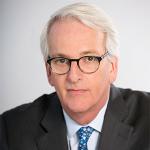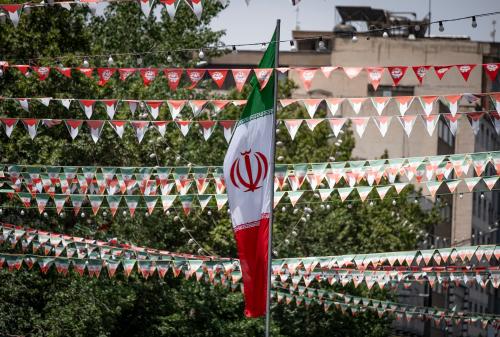

9:30 am EST - 11:00 am EST
Past Event
9:30 am - 11:00 am EST
1775 Massachusetts Ave., NW
Washington, DC
On the eve of the new Department of Homeland Security officially opening for business, a group of Brookings scholars examines the question: Will Americans be any safer as a result? In a follow-up appraisal to their earlier report “Protecting the American Homeland,” they conclude that at some future point the department may increase security against terrorist attacks on the American homeland, but not immediately.
In 2002, according to the report, America lost momentum on improving homeland security. While the primary focus of Washington policymakers in the second half of the year—creating the Department of Homeland Security—may have some merit, the managerial challenges confronting Homeland Security Secretary Tom Ridge and his staff are extraordinary.
Most worrisome, say the authors, is that the complexity of merging so many disparate agencies threatens to distract policymakers from other, more urgent security efforts. Congress has still not passed a federal budget for homeland security for fiscal year 2003, which began on Oct. 1, 2002, and last summer, President Bush vetoed several measures proposed by Congress that would have addressed critical national vulnerabilities. The report asserts that as a result, America remains more vulnerable than it should be on the eve of a possible war against Iraq, which could inspire more terrorist attacks.
The report proposes immediate steps the Bush administration and Congress must take to meet the threat of terrorism at home, including:



Ryan Hass
July 1, 2025

Mara Karlin, Fred Dews
June 24, 2025

Suzanne Maloney
June 22, 2025